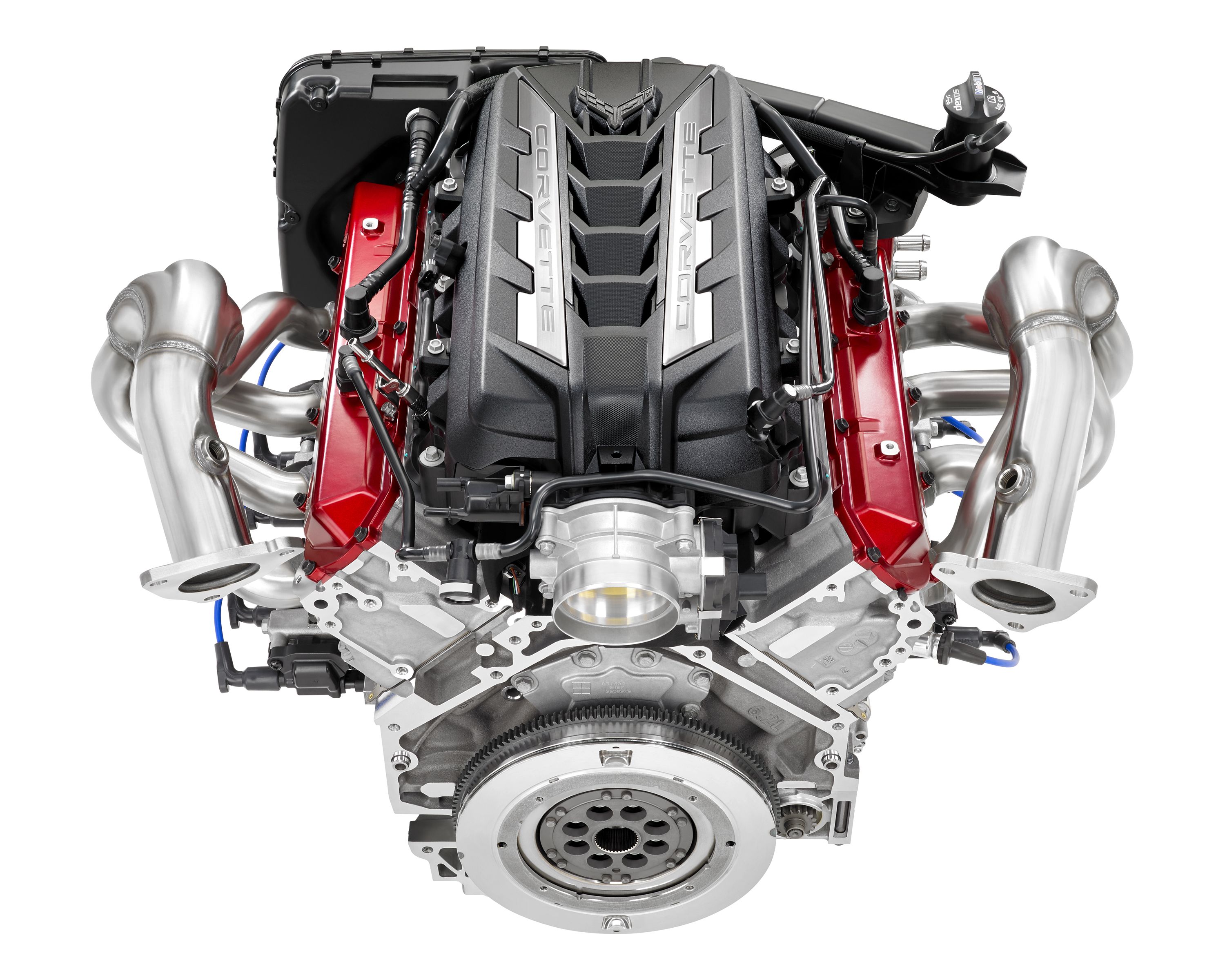Engines For Africa Offers Motors You Can Trust Fund
Engines For Africa Offers Motors You Can Trust Fund
Blog Article
A Complete Overview to Choosing the Right Engine for Your Job
Selecting the appropriate engine for your project is a vital decision that can considerably affect its general success. Each of these elements plays a critical function in guaranteeing that your selected engine not just fulfills instant goals however also aligns with long-term aspirations.
Specify Your Project Requirements
Specifying your job needs is a vital step in selecting the ideal engine for effective implementation. A comprehensive understanding of your task's objectives will certainly assist you in determining the capabilities and functions required from an engine. Begin by detailing the scope of your task, including the wanted capability, target market, and the specific results you intend to accomplish.
Following, take into consideration the technological demands that line up with your project goals. This consists of assessing the compatibility of the engine with existing systems, as well as the programs languages and structures that will certainly be made use of. Additionally, examine the level of scalability called for to accommodate future growth or adjustments sought after.
Spending plan restraints additionally play an important role in specifying your task requires. Develop a clear financial structure to lead your decision-making procedure, guaranteeing that the engine picked fits within your budget while offering the needed capability.
Evaluate Performance Demands

Engines that sustain horizontal scaling are frequently better for larger applications. In addition, examine the engine's efficiency under different conditions, such as peak usage circumstances, to guarantee it meets your dependability requirements.
Think About Ease of Use
While technical specs are vital, the simplicity of usage of an engine can dramatically influence the advancement process and total job success. An instinctive interface, clear paperwork, and structured workflows can substantially lower the understanding curve for developers, allowing them to concentrate on creativity and problem-solving instead of facing complex tools.
When assessing an engine's simplicity of usage, take into consideration the onboarding experience. A well-structured intro, total with tutorials and sample jobs, can assist in a smoother transition for brand-new individuals. Additionally, the quality and comprehensiveness of the engine's documents play an essential function; thorough overviews and API recommendations can empower designers to troubleshoot and apply functions efficiently.
An additional aspect to take into consideration is the engine's personalization capabilities. An engine that enables for very easy alterations can be a lot more user-friendly, as designers can tailor it to fit their particular needs without considerable hassle. Last but not least, evaluate the operations combination with platforms and devices you already make use of. A cohesive environment can enhance efficiency and lower friction during the growth procedure. Ultimately, selecting an engine that focuses on simplicity of use can lead to a more delightful and productive advancement experience.
Assess Area and Assistance
The toughness of an engine's area and support network can significantly influence a developer's experience and success. When analyzing an engine, take into consideration the dimension and activity degree of its neighborhood.
Additionally, assess the schedule of official support networks. Trustworthy documentation, responsive consumer support, and normal updates are vital for addressing technological issues and maintaining your project on course. Engines For Africa. Active areas likewise cultivate cooperation, supplying possibilities for networking and responses, which can be important, particularly for little groups or independent developers
In addition, investigate the visibility of community-run events, such as hackathons or meetups. These gatherings can enhance your understanding of the engine while connecting you with possible collaborators and skilled customers. In recap, a robust neighborhood and support group not just streamline growth but additionally create an atmosphere conducive to learning and advancement, inevitably enhancing the chance of your task's success.
Compare Cost and Licensing Choices
Budget considerations play a vital duty in choosing the ideal engine for your task, as the price and licensing alternatives can considerably affect both temporary costs and lasting viability. Engines For Africa. Different engines provide varying pricing frameworks, which can include single purchase fees, subscription designs, or revenue-sharing contracts based upon your job's profits

Licensing options additionally differ dramatically. Some engines are open-source, supplying adaptability and community-driven assistance, while others may require proprietary licenses that restrict use and distribution. Comprehending the implications of each licensing version is essential, as it influences possession rights, future scalability, and potential legal commitments.
Verdict
Finally, choosing the ideal engine for a project requires a complete analysis of defined project demands, efficiency requirements, convenience of use, community assistance, and expense considerations. By methodically dealing with these crucial factors, decision-makers can make certain positioning with both current and future project needs. A well-informed choice eventually boosts the chance of job success, enabling efficient resource allowance and making best use of prospective outcomes within the specified financial restrictions.
Picking the suitable engine for your job is a vital choice that can substantially impact its general success.Specifying your project requires is a crucial step in choosing the appropriate engine for successful application. A comprehensive understanding of your job's objectives will assist you in identifying the functions and capabilities required from an see this engine.As soon as you have a clear understanding of your project requires, the next step is to review the performance demands of the engine.In conclusion, selecting the proper engine for a task demands a complete assessment of defined visit the site job demands, efficiency needs, ease of use, community support, and expense factors to consider.
Report this page